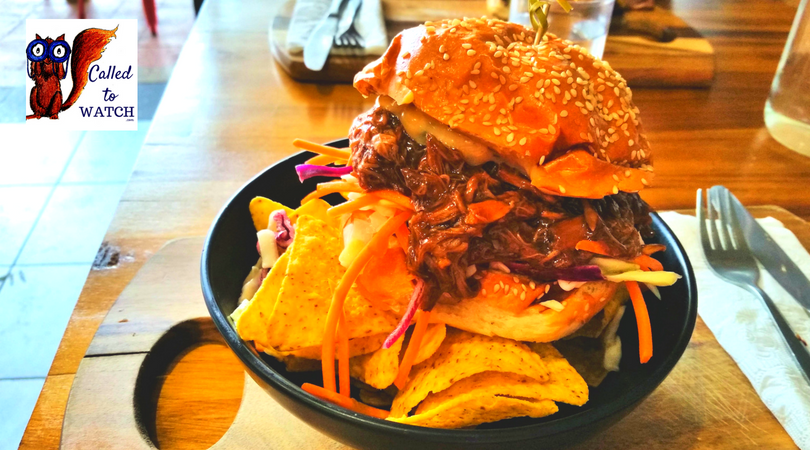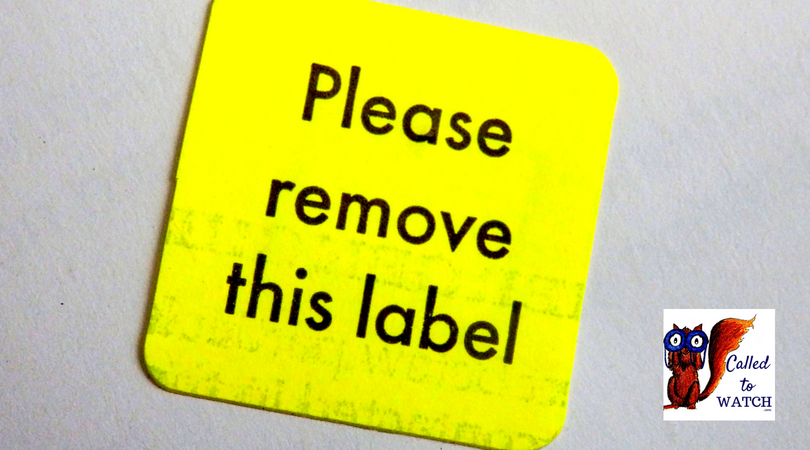Love in a Time of Chronic Illness (LTCI)
Many of my posts are either ‘answers’ or ‘explanations’ relating to the difficulties and loneliness-es of loving someone with a chronic illness.
I’ve never proposed to have the ‘only-exclusively-right’ answers to every situation of course. (Unless the Answer is Jesus, in which case I do!) But I write what I’ve learnt and I describe what’s encouraged me.
But for a while now I’ve been nursing a fear that perhaps these posts are portraying me unrealistically.
Eight hundred polished words are not the same as a polished life.
Continue reading “The gift that wasn’t for her (LTCI #1)”









